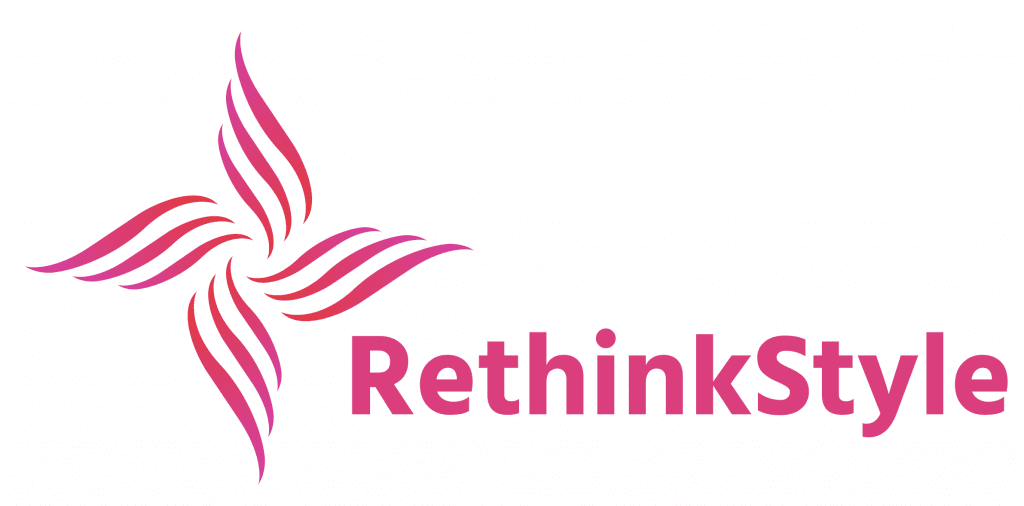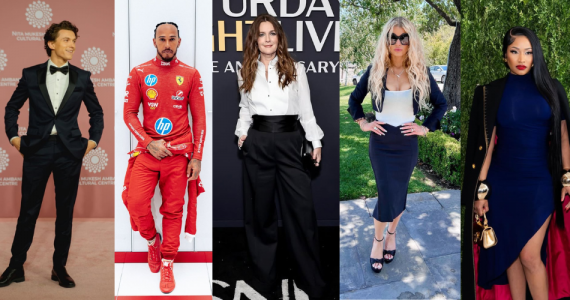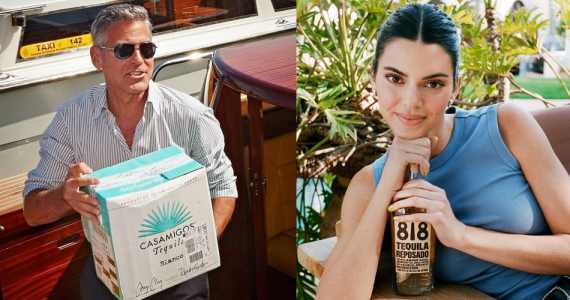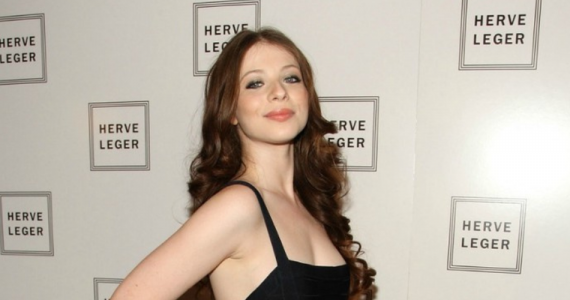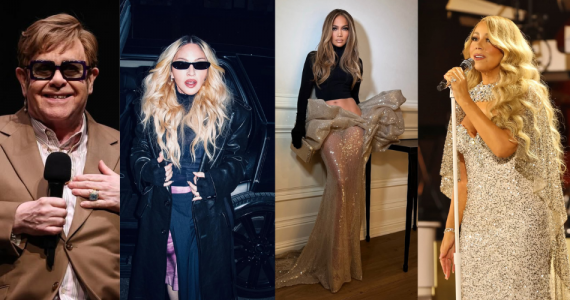In today’s media-saturated world, celebrity endorsements have become a cornerstone of marketing strategies for brands and political campaigns alike. From athletes promoting sports gear to musicians backing presidential candidates, the allure of star power seems irresistible. But do these high-profile partnerships actually sway consumer behavior and public opinion?
The Celebrity Endorsement Phenomenon
Celebrity endorsements are far more than just a modern marketing gimmick. They’ve evolved into a complex ecosystem where fame and influence intersect with consumer psychology and brand strategy. For many public figures, endorsement deals have become a primary source of income, often outpacing earnings from their original claim to fame.

Take the 2024 Summer Olympic Games, for instance. Some athletes found themselves spending hours daily on social media platforms like TikTok, not just to share their Olympic journey but to build a personal brand that could sustain them financially long after the games ended. This digital hustle highlights the increasing pressure on celebrities to monetize their fame through endorsements and partnerships.
The Effectiveness of Star Power
Recent research has shed light on the actual impact of celebrity endorsements. A 2023 study from the Wharton School of Business revealed that seeing a celebrity’s image while shopping can significantly influence consumer behavior. Surprisingly, shoppers made quicker decisions and were more likely to purchase a product even when they didn’t spend much time examining it.
Elizabeth Johnson, a co-author of the study, explained, “Even though viewers aren’t looking at the product as much, the celebrity is still building consumer confidence. These are where preferences are more swayable on purpose.” However, she cautioned that this influence has its limits, noting that a celebrity can’t make you choose a product you genuinely dislike.
The Political Playground of Endorsements
Celebrity endorsements aren’t limited to commercial products. They’ve become a powerful tool in the political arena as well. During election seasons, candidates often seek the backing of popular figures to boost their campaigns and appeal to specific demographics.
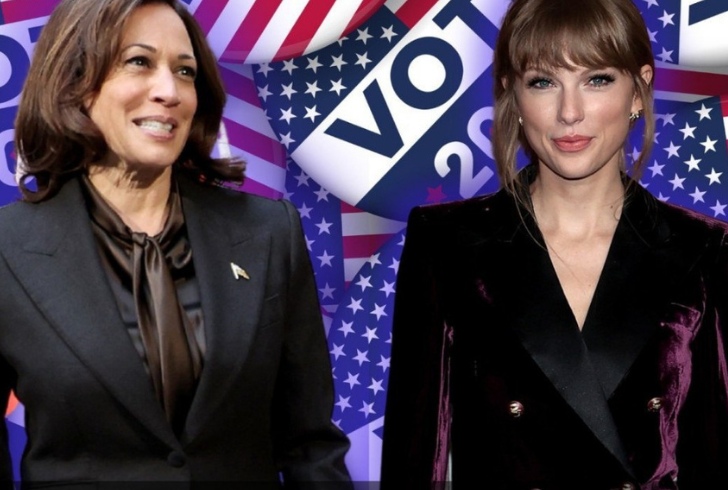
A prime example is the endorsement of Vice President Kamala Harris by pop superstar Taylor Swift during a recent campaign. Swift’s support was hailed as a game-changer, with some political commentators dubbing it one of the most significant celebrity endorsements in recent memory.
The Balancing Act of Brand and Star
While celebrity endorsements can be powerful, they also present unique challenges. Brands must carefully balance leveraging a celebrity’s appeal without overshadowing their own product or message. It’s a delicate dance between star power and brand identity that requires strategic planning and execution.
The Future of Celebrity Endorsements
As social media continues to reshape the landscape of fame and influence, the nature of celebrity endorsements is likely to evolve. Micro-influencers and niche celebrities may play an increasingly important role, offering brands more targeted and authentic ways to connect with specific audiences.
Celebrity endorsements remain a potent force in both commercial and political spheres. While their effectiveness is clear, the key to success lies in strategic partnerships that align with brand values and resonate authentically with the target audience. As the lines between celebrity, influencer, and brand continue to blur, we can expect to see even more innovative approaches to harnessing star power in the years to come
